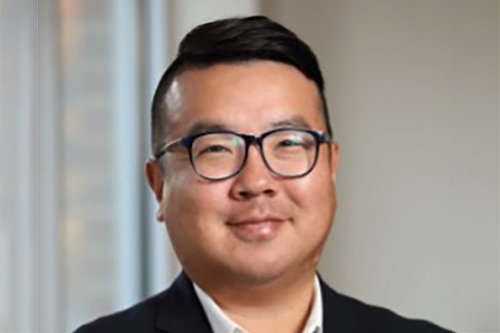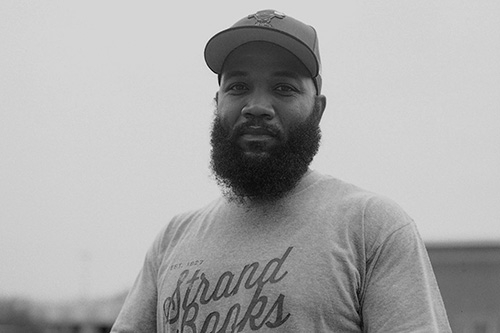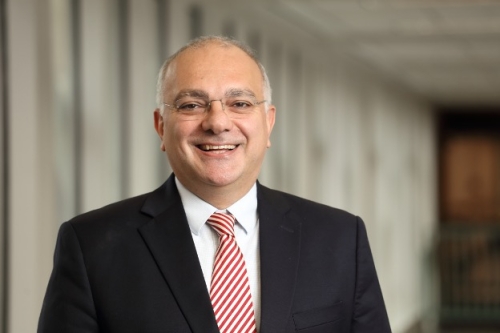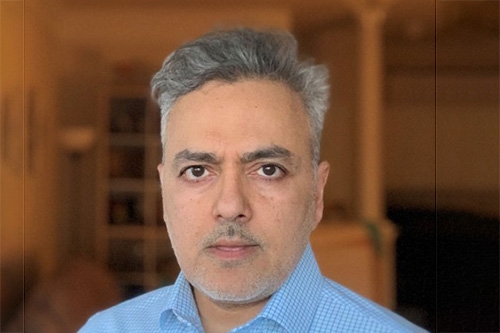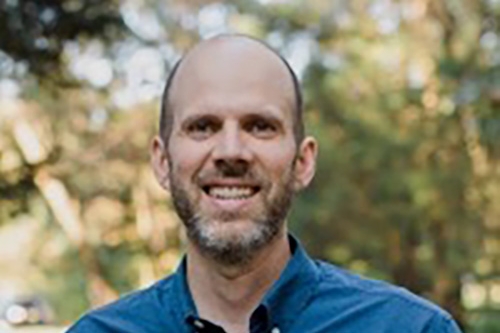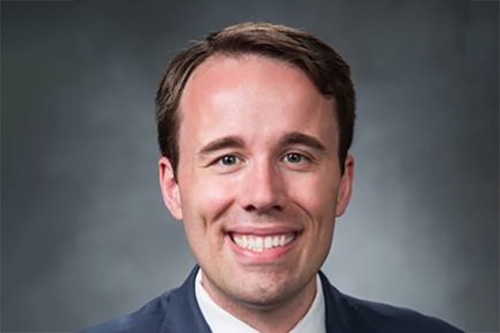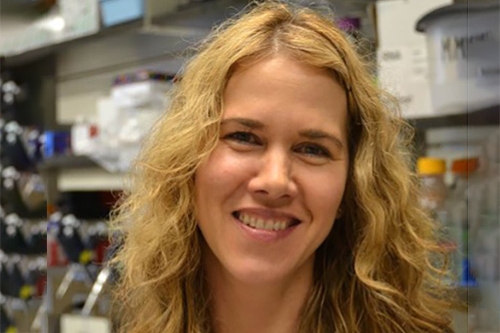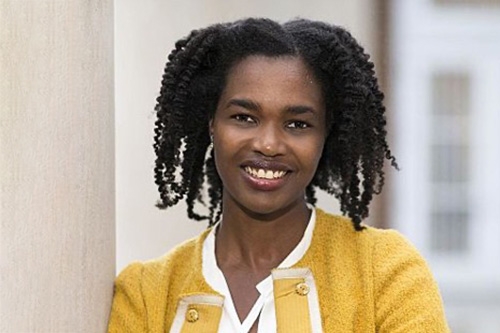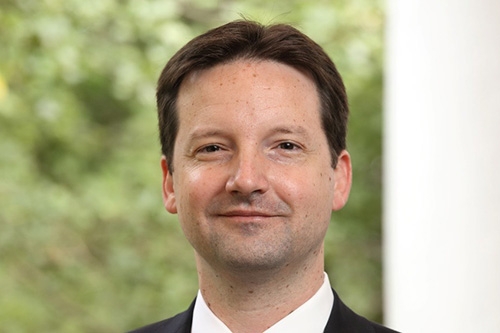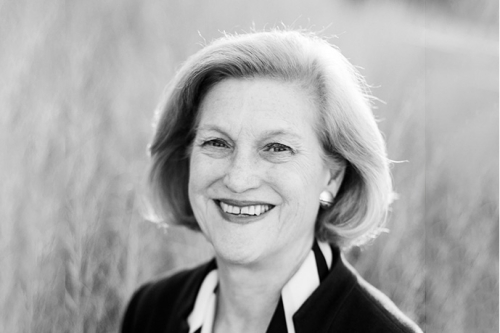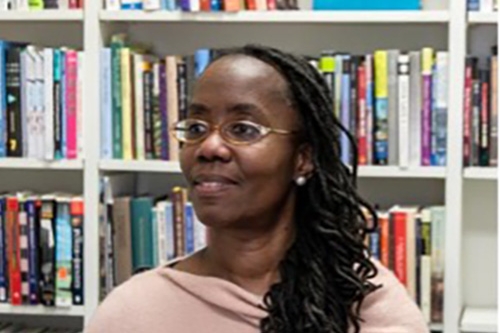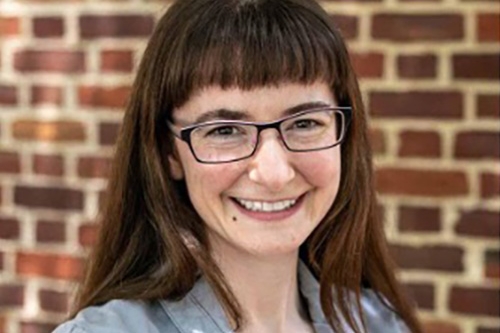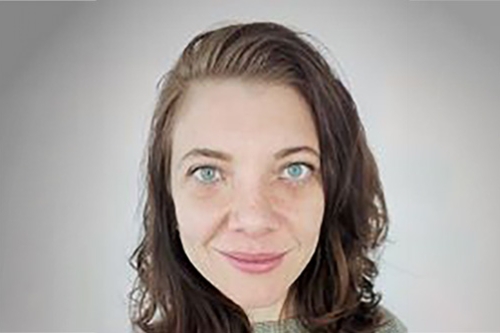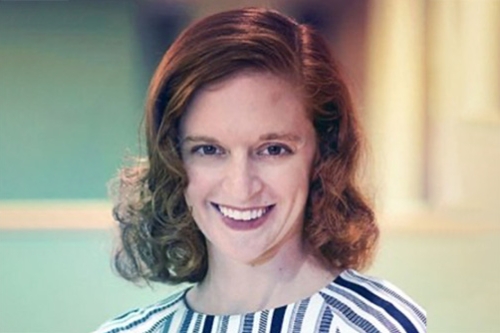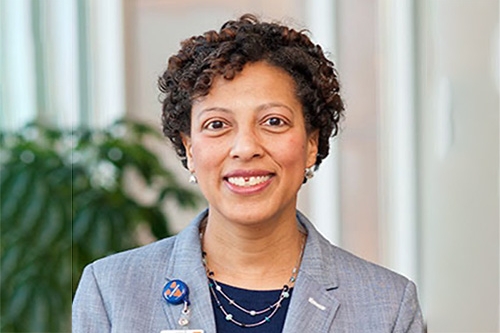Stephen Baek
Associate Professor of Data Science
School of Data Science
Stephen Baek is an Associate Professor of Data Science at the University of Virginia, where he also holds a courtesy appointment in the Department of Mechanical and Aerospace Engineering. Baek received his B.S. in Mechanical and Aerospace Engineering from Seoul National University (SNU), Seoul, Korea in 2009 and a Ph.D. in 2013 from the same institution for his award-winning study on the statistical space of shapes modeled on a Riemannian manifold. He was a postdoctoral researcher at the Institute for Advanced Machinery Design at SNU from 2013 to 2015 and a visiting research associate at the Ronald E. McNair Center for Aerospace Innovation and Research at the University of South Carolina in 2014. During his training, Baek received the National Science and Engineering Scholarship and the Global Ph.D. Fellowship from the Korean Ministry of Education. He was also awarded the Presidential Postdoc Fellowship by the President of the Republic of Korea. After his training, he moved to the United States to join the University of Iowa as an Assistant Professor of Mechanical and Industrial Engineering. He has been a (co-)principal investigator of numerous government- and industry-sponsored research projects, including the National Science Foundation, National Institutes of Health, Department of Defense, NASA, Hyundai Motors, Department of Transportation, and others.
 Provost
Provost
